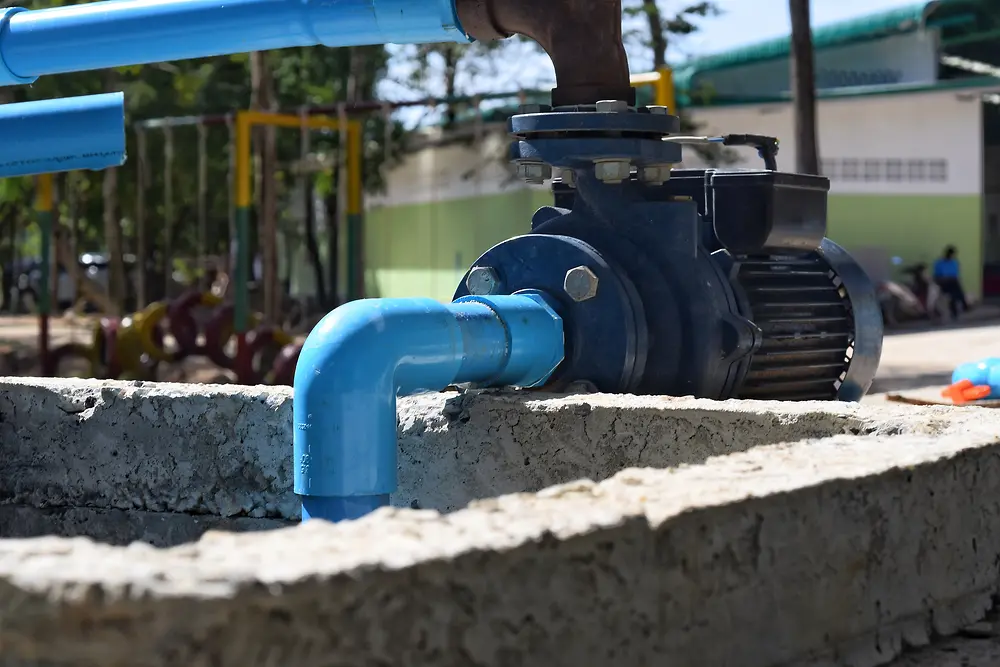Scopri i marchi delle nostre divisioni: Henkel Adhesive Technologies e Henkel Consumer Brands.
27 mag 2021 Düsseldorf / Germany
Henkel collaborates in sustainability study on reducing CO2 emissions through lightweight materials in Aerospace
Henkel Adhesive Technologies, a leader in structural adhesives and surface treatments for the aircraft OEM and MRO industries worldwide, has announced its collaboration on a research study focused on Reducing CO2 Emissions by Improving Materials Utilization. The study is currently being conducted by Boeing Germany in partnership with the Institute for Lightweight Construction at the University of the Federal Armed Forces in Munich, and is funded by Germany’s Federal Ministry for Economic Affairs and Energy.
This 36-month sustainability study, launched in January 2021, will research strategies to reduce the carbon footprint of composite parts by decreasing the weight of aerospace assemblies through controlled materials consumption, making parts production as efficient as possible. The study will combine traditional engineering with finite element analysis (FEA) and digital twin technology. Exact virtual representations of test samples will undergo digital manipulation to generate material performance data spanning the sample’s lifecycle. This digital simulation reduces the mechanical effort and time required to complete traditional testing.
Henkel will contribute state-of-the-art epoxy and polyurethane reactive composite matrix resins, industry expertise, and material modifications as needed to the study. The company will also fabricate epoxy and polyurethane composite samples using its Loctite and Bonderite resins with carbon fibers provided by Teijin Carbon.
“Too much CO2 is generated during the production and service life of fiber composite components,” explains Martin Renkel, Senior Regional Product Development Manager for Henkel Adhesive Technologies. “Through this study, Henkel will help to make the aerospace industry more sustainable by improving production efficiency of composites and reducing component weight. Lower fuel and materials consumption result in considerable greenhouse gas reduction. Even the study itself is green. Digitized testing reduces physical testing which means fewer samples needed and lower study expenses.”
“We are so proud to collaborate on this study that will help the aerospace industry achieve sustainability and climate goals before 2050,” added Ruairi O’Kane, Global Segment Strategy Head for Aviation, Space and Rail at Henkel Adhesive Technologies. “Manufacturing with composites reduces fuel consumption by 10 to 15% with comparable reduction in CO2 emissions. Our scientists and engineers understand the importance of cutting-edge technology to advance the adoption of new materials and processes and are excited to partner on this highly digitized initiative.”
Results of this aerospace-focused research will be applied to other industries in the future. For more information, visit the Federal Ministry for Economic Affairs and Energy at the Federal Ministry for Economic Affairs and Energy https://www.bmwi.de/Navigation/EN/Home/home.html
The aerospace industry is becoming more sustainable by improving production efficiency of composites and reducing component weight.




